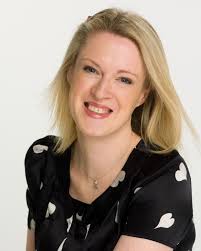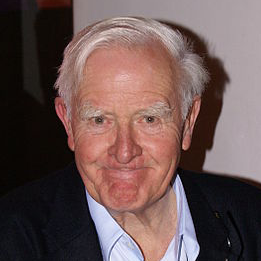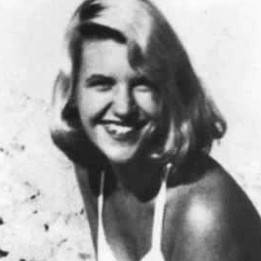Do you want to be a writer?
So many words to choose from
There are lots of sites out there with handy tips (eg writing.ie and thewritelife.com) and also plenty of step-by-step guides (eg a free eight-week writing course online by talented Irish author Sarah Webb).

Hardly any world-famous writer made it big overnight: even JK Rowling (below) was turned down with her Harry Potter ideas many times. Not only that, but the rejection letters received by many writers – including top thriller-writers Stephen King and John Le Carre and tragic poet Sylvia Plath – could be harsh, harsh, harsh!

I’ll add plenty of links over time, but for now here are my top 10 tips for writing… and yes, they are frank on purpose. As you’ll realise if you read this Daily Telegraph article about rejection letters, it’s a tough world out there!
My 10 tips
- Many people talk about writing a book and a lot of them start one. But it takes real determination to FINISH a book. And the only way to do that is to begin. No-one else can do it for you.
- Unless you have something to edit, you are stuck. If you wait to be totally satisfied with every single word I think you will be waiting for a very long time. So get some words down. Only then can you decide whether you think they’re any good.
- Keep going. If you have struggled and struggled with a sentence, and are still not happy with it – move on. You can come back to it later.
- There’s a good chance that sentence which was bugging you isn’t meant to be in your story in the first place, so consider (shock, horror!) pressing delete when you go back to it.
- Read your work aloud. This is great for helping with flow and is another practical way for you to figure out how interesting you think the story is. You’ll know once you start reading it aloud.
- Make sure there are no logic gaps too great for reader to get their heads around. Even though my new book, The Red-Letter Day, is a magic travel history adventure, for example, it still needs to make sense. Don’t expect readers to be OK with it if you suddenly make characters invisible and then visible again, or take them from one place to another without some explanation.
- Ask someone else to read your story – or at least a summary of it – when you’re ready. Don’t ask too many people, and make sure if they are a friend that you are certain you won’t fall out with them if they don’t like what you’ve written, or seem too critical in any way.
- If you are submitting to a publisher or agent, finish your book or story before you even think of doing this.
- Agents get sent so many manuscripts that they usually don’t read ones that aren’t finished. Think about it, why would they when they have no idea what the rest of the book or story is going to be like? They are only going to have to read it all again then anyway.
- Be prepared for long days and getting turned down – or not even replied to. Have ways of cheering yourself up. It’s especially important to build in the chance to walk away and do something nice for yourself, saying, ‘OK, tomorrow is another day… and will be a better one.’
BEST OF LUCK!
John Le Carre, Stephen King and Sylvia Plath




